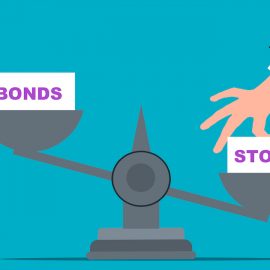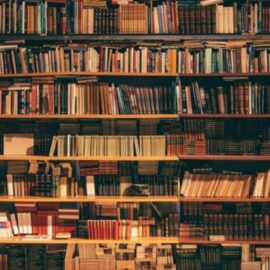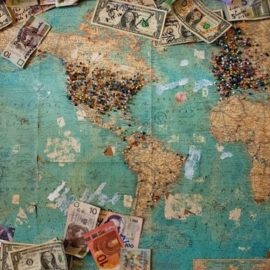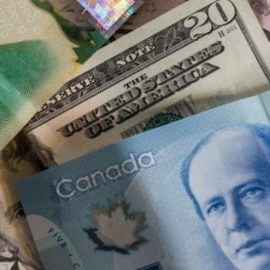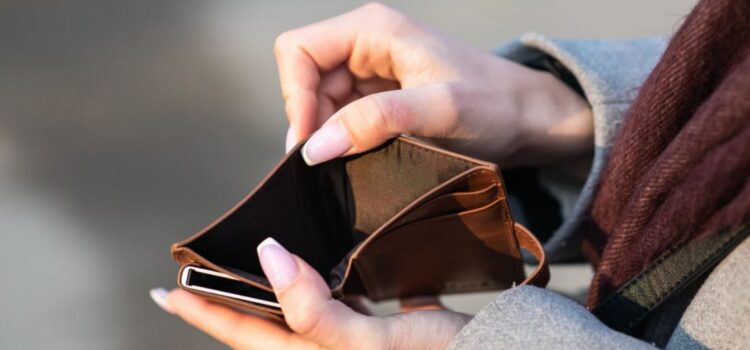
This is a free excerpt from one of Shortform’s Articles. We give you all the important information you need to know about current events and more.
Don't miss out on the whole story. Sign up for a free trial here .
When will the student loan payments restart again? Will the reduced spending damage the economy?
The end of the federal student loan payment pause on October 1 could significantly impact borrowers’ personal finances, spending, and the broader US economy. The long-term burden of student loan debt is expected to influence major life decisions for millions of borrowers.
Continue below to learn about the potential impacts of the returning student loan payments.
Student Loan Payment Pauses Are Ending
The US economy is bracing for impact as the COVID-era federal student loan payment pause approaches its end on October 1. With over 40 million Americans facing revived loan bills, fears are mounting that household budgets, consumer spending, and the overall economy will take a hit.
Background
Since March 2020, over 40 million Americans holding over $1.6 trillion in federal student loan debt have benefited from interest- and payment-free relief. This reprieve—initiated by President Trump and extended by President Biden in response to the Covid-19 pandemic—combined with stimulus funds, enabled many borrowers to make rent and car payments, reduce debt, save, and boost spending. This, economists assert, has helped the economy comfortably chug along.
However, in September interest started accruing on unpaid student loans again, and minimum monthly payments will resume in October.
View 1: Payment Resumption Will Damage the Economy
Many economists, analysts, and consumer advocates argue that after years of interest rate hikes resulting in increased debt and housing expenses, these payments will worsen financial challenges and significantly slow economic growth.
They say that vulnerable Americans will be hit hardest, in particular forcing younger adults burdened with substantial debt and low incomes to cut back on essentials like food and rent to repay loans. the impacts will also resonate across a broader spectrum of American households and cause ripple effects throughout the economy, leading to:
- Reduced spending. Recent graduates who saved during the payment break may delay significant purchases like cars and homes, potentially affecting the housing market.
- A domino effect in repayments. Households already struggling to cover bills may prioritize rent and credit card payments over student loans.
Experts say that even though spending is strong now, more Americans are seeking out bargains, suggesting that they’re starting to feel inflationary pressure.
Some experts estimate that the diversion of more cash to student loans and away from consumer spending could drain the economy of up to $200 billion annually.
View 2: The Economic Damage Will Be Limited
In contrast, many economists and analysts argue that predictions of economic calamity are exaggerated. They highlight several factors that will help maintain spending levels and safeguard against an economic disaster:
- President Biden’s SAVE plan. This income-linked plan reduces required student loan payments, capping them at 5% of discretionary income instead of 10%.
- Transition period. President Biden’s “on-ramp” transition period waives penalties for missed student loan payments until September 2024.
- Excess savings. American households accumulated approximately $2.5 trillion in excess savings during the pandemic.
- Strong job market. A robust job market and rising wages will make it easier for borrowers to manage monthly bills and repay loans.
- US economy resilience. The sheer size of the US economy means that student loan payment impacts are unlikely to significantly affect the overall Gross Domestic Product.
Looking Ahead
Experts say the full economic impacts of restarting student loan payments won’t be evident immediately. Assessments of the effect on consumer spending will begin in October when borrowers’ first payments are due.

Want to fast-track your learning? With Shortform, you’ll gain insights you won't find anywhere else .
Here's what you’ll get when you sign up for Shortform :
- Complicated ideas explained in simple and concise ways
- Smart analysis that connects what you’re reading to other key concepts
- Writing with zero fluff because we know how important your time is

